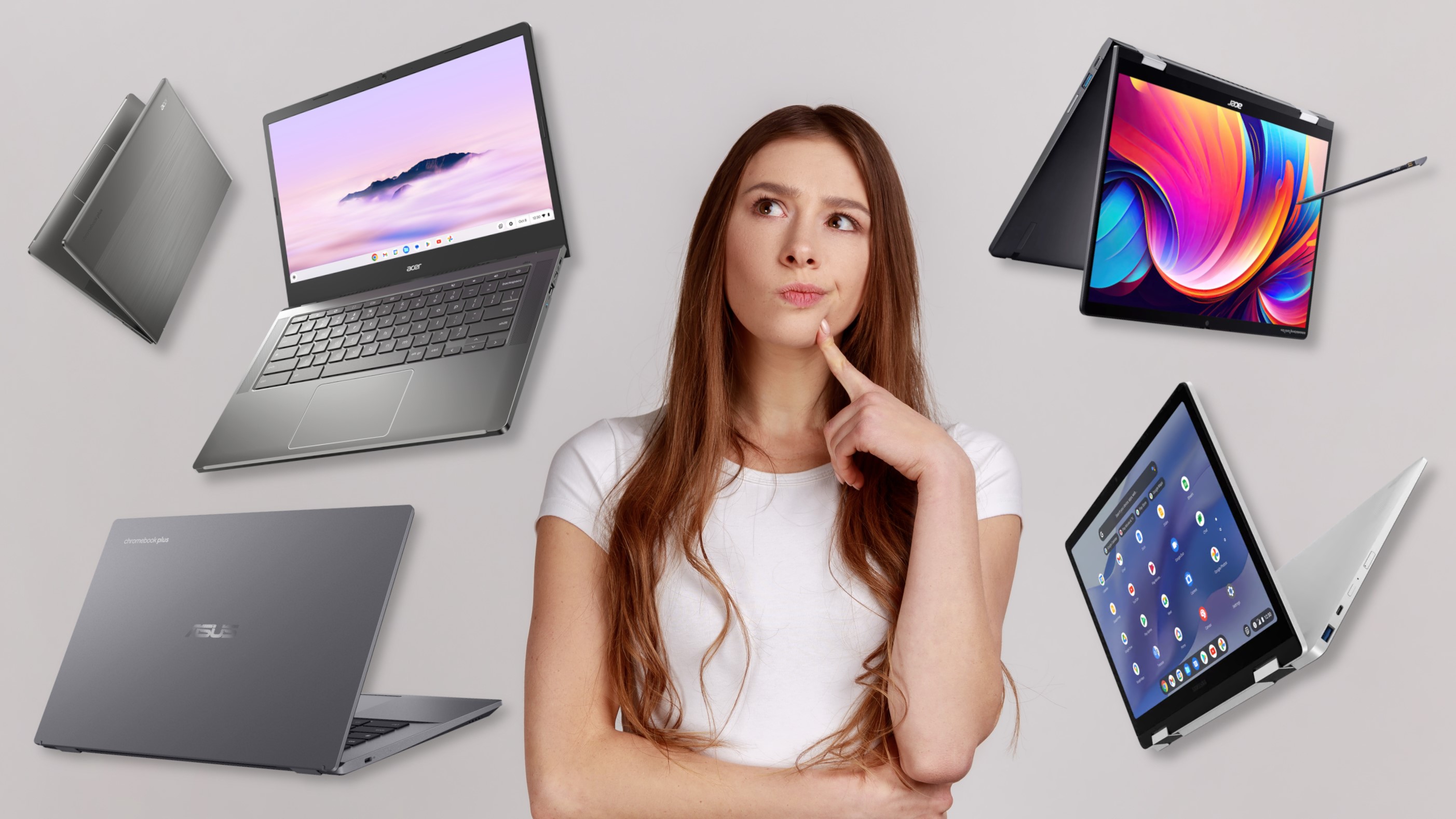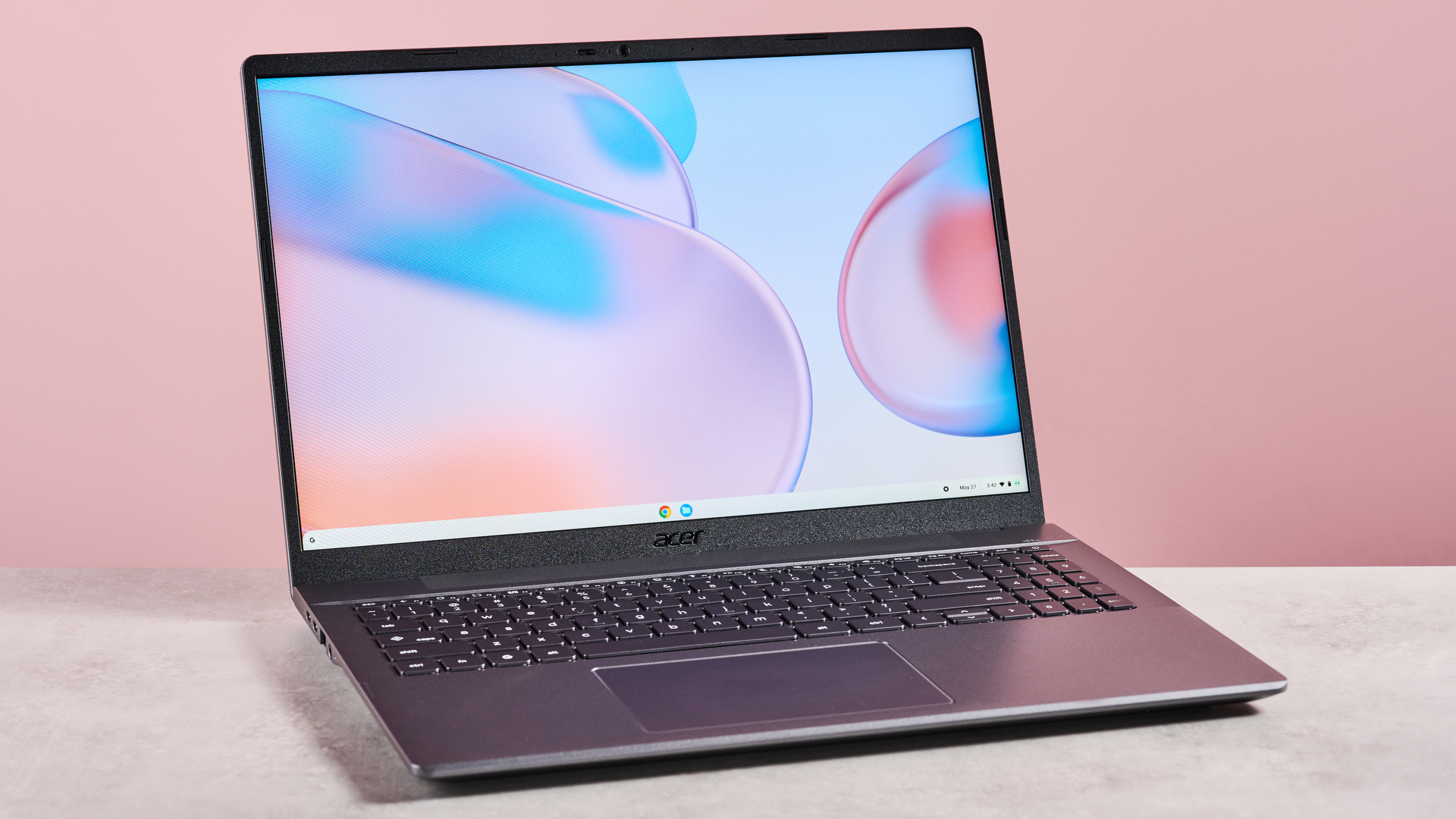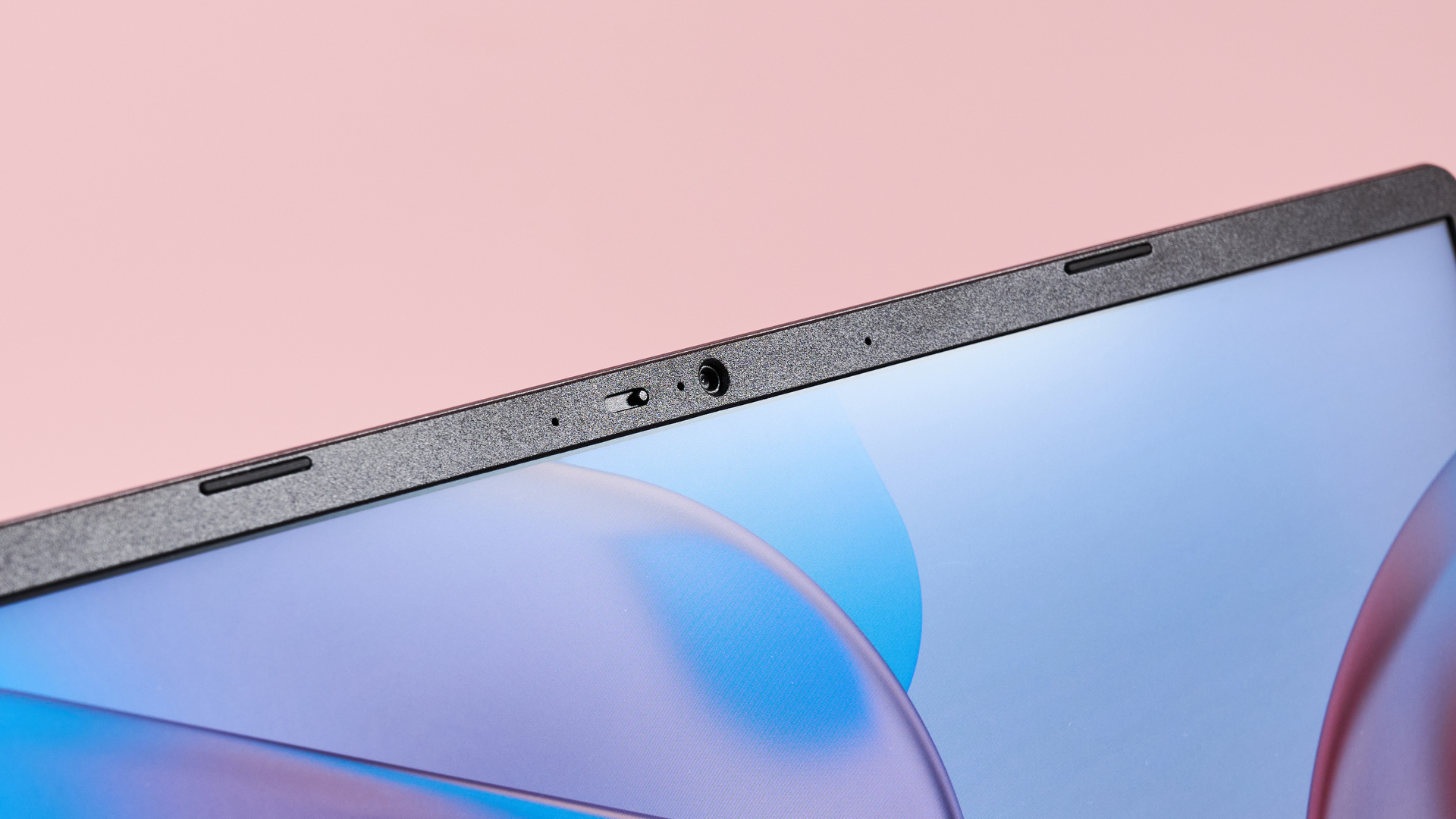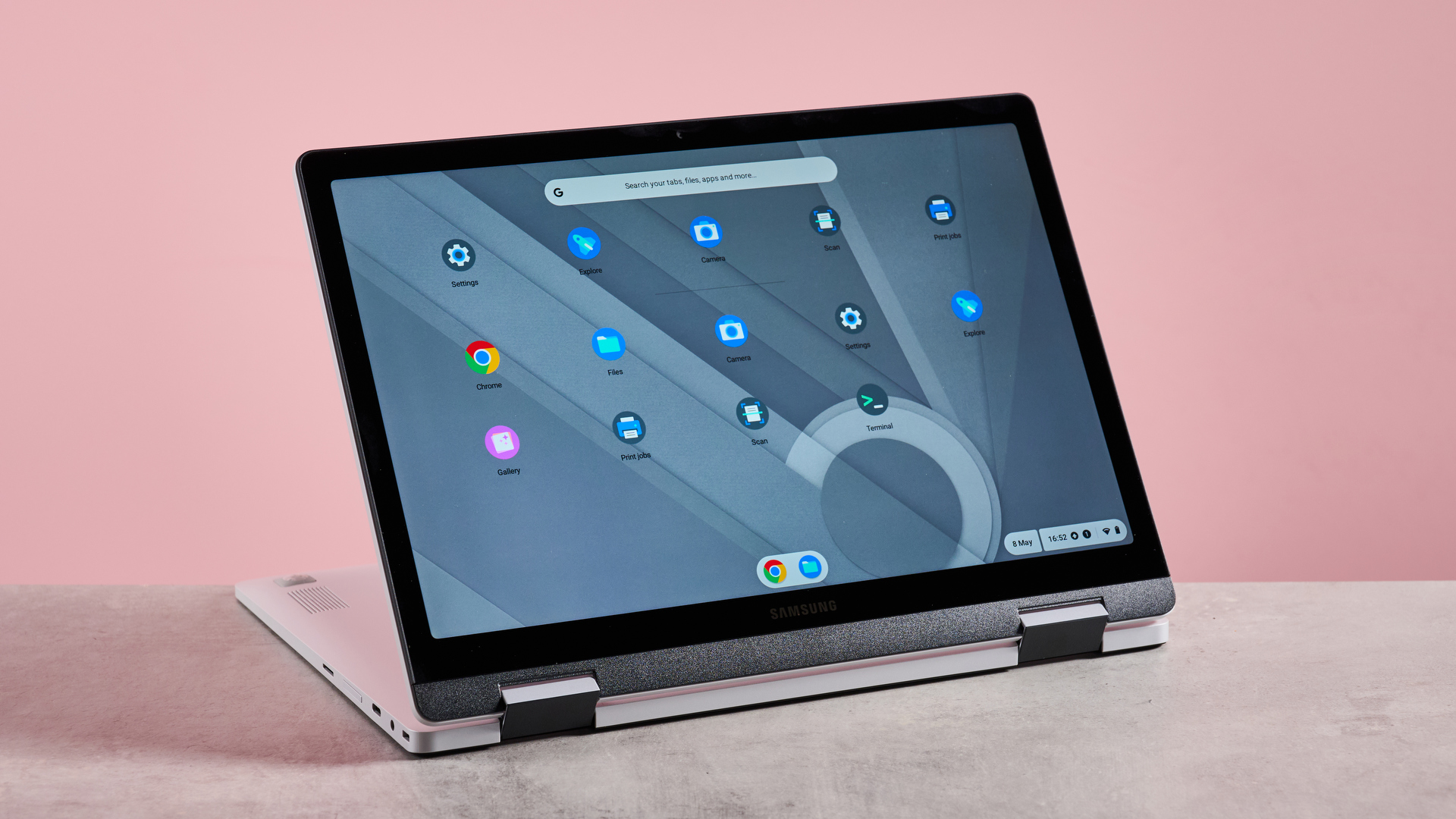Chromebook vs Chromebook Plus: which is better for students?
Discover the pros and cons of the Chromebook Plus format

Sign up for breaking news, reviews, opinion, top tech deals, and more.
You are now subscribed
Your newsletter sign-up was successful
If you're currently a student, or about to head off for high school or college for the first time, there's a good chance you're considering getting one of the best Chromebooks. These Google-powered laptops are a great choice for learners on a budget, offering a sleek and easy-to-use OS at a sensible price point.
But now there's also the Chromebook Plus lineup: a new tier of ChromeOS laptops that lays down baseline performance and design standards to deliver a more premium-feeling Google laptop experience. And there's no denying that these new Plus laptops sit among the best laptops for students right now.
Naturally, Chromebook Plus models are more expensive than conventional Chromebooks. So, considering how cheap some Chromebooks can be, is it really worth spending extra for the hardware upgrade, especially if you're on a budget? In this article, I'll dig into the pros and cons of the Plus format and hopefully help some budding students find the perfect laptop for them.
Chromebook vs Chromebook Plus: Performance
As you might expect, the Chromebook Plus standard has certain minimum hardware specs to meet Google's requirements. That translates to better performance on average against 'regular' Chromebooks - but there's an important catch here.
See, ChromeOS is designed to run with a permanent internet connection and offloads a lot of its processes to the cloud. For example, instead of using Microsoft Word and saving files directly to your laptop's local storage, you'll be using Google Docs and saving them in the cloud with Google Drive.
This is a double-edged sword. The lightweight nature of ChromeOS allows Chromebooks to be made with less powerful (and more affordable) components, but it also reduces the effective performance upgrade headroom and ties your performance to the speed of your internet connection. If you don't have high-speed Wi-Fi, bear in mind that paying extra for a more powerful Chromebook, like the Acer Chromebook Plus 514, won't necessarily translate to significantly faster performance.

Still, Plus models have other advantages. More RAM means you'll be able to multitask more effectively, so if you tend to keep 20+ browser tabs open at once or multiple programs running simultaneously, it's a worthwhile upgrade. You also get at least 128GB (often more) of drive space with a Chromebook Plus. This isn't always needed, due to the cloud-based nature of ChromeOS, but will come in handy for users who want to install lots of programs.
Sign up for breaking news, reviews, opinion, top tech deals, and more.
Lastly, Chromebook Plus laptops are designed with Google Gemini in mind. In other words, these laptops are a bit better suited for running AI features, although, again, a lot of this functionality is offloaded to cloud computing, so don't expect to see a tremendous difference.
Chromebook vs Chromebook Plus: Design
There's no escaping the fact that some Chromebooks do simply look and feel cheap. If you're picking up a super-budget model for under $300 / £300 / AU$500, chances are it's not going to look anything like a premium device.
That's not the case for Chromebook Plus laptops; the higher price does mean you're getting a product that feels a bit higher-end. Sure, they might not look quite as fancy as the best ultrabooks, but it's a noticeable upgrade.
Then again, it's a hill I'll die on that people shouldn't be concerned with how their hardware looks - that's how you end up with overpriced tech. What's important is how it feels, and a Chromebook Plus is invariably going to feel a bit better to use than a budget Chromebook. The specifics of this may vary. A more comfortable keyboard, a more robust and sensitive trackpad, a sturdier outer chassis, or an improved port selection; there are lots of possible improvements to be found here.

There are two key factors mandated by Google for a laptop to receive the Plus badge: display and webcam. The screen must be a minimum of Full HD 1080p resolution, and the webcam must capture video in 1080p.
While 1080p is widely considered to be the 'baseline' for Windows laptops, you'll find plenty of cheap Chromebooks out there still rocking a lower resolution (most commonly 'HD Ready' 720p). Considering that most entertainment media these days is available in Full HD (or better!), it's worth considering a Chromebook Plus for its superior display if you like to kick back and watch Netflix on your laptop after a day of studying. The boosted webcam resolution is also a nice addition for students who have remote classes using software like Zoom.
When not to pick a Chromebook
I think Chromebooks are an excellent alternative to a Windows or macOS laptop for any user who wants good value for money, but there's an important caveat to bear in mind here: software compatibility.
Simply put, not everything you can run on a traditional Windows laptop will be available on ChromeOS. You do get a decent selection of native apps, and Google has also made the Android Google Play Store compatible with Chromebooks. Still, some software may not be compatible, so if you plan to use specific programs, be sure to check in advance whether they're available on ChromeOS.

It's also important to consider the topic you're studying. Some courses will be better served by a more powerful laptop capable of handling more intensive local workloads. For example, if you're in a creative discipline like 3D digital art or video editing, you might be better off with a laptop that has a dedicated GPU from Nvidia or AMD, which is something that Chromebooks universally lack. If you're taking literature or business studies, though, a Chromebook should suit you just fine.
If you decide that a Chromebook isn't right for you, be sure to check out our list of the best student laptops. Some of these are Chromebooks, but you've got some excellent alternative options like the Dell Plus 14.
Chromebook vs Chromebook Plus: Closing thoughts
At the end of the day, the best student Chromebook will be a little different for everyone, depending on your needs and budget.
But having tested a large number of Chromebooks (both Plus and non-Plus) over the years, I feel quite comfortable saying that if your budget can stretch a little further, the upgrade is worth it. Having a faster processor and a better display is a worthwhile upgrade, and several Chromebook Plus models on the market cost less than $500 / £500 / AU$750 – a great deal considering how expensive modern Windows laptops can be, even just in the mid-range space.
Nonetheless, you shouldn't be discouraged about buying a super-cheap Chromebook if you're working with an extremely tight budget. I'd advise looking for a model with at least 8GB of RAM, but even with that criterion in place, you should be able to find something reasonably priced, like the Lenovo IdeaPad 3i Chromebook. Whatever you choose, you can rely on TechRadar's recommended product pages, as we never recommend hardware that we wouldn't use ourselves.

Christian is TechRadar’s UK-based Computing Editor. He came to us from Maximum PC magazine, where he fell in love with computer hardware and building PCs. He was a regular fixture amongst our freelance review team before making the jump to TechRadar, and can usually be found drooling over the latest high-end graphics card or gaming laptop before looking at his bank account balance and crying.
Christian is a keen campaigner for LGBTQ+ rights and the owner of a charming rescue dog named Lucy, having adopted her after he beat cancer in 2021. She keeps him fit and healthy through a combination of face-licking and long walks, and only occasionally barks at him to demand treats when he’s trying to work from home.
You must confirm your public display name before commenting
Please logout and then login again, you will then be prompted to enter your display name.